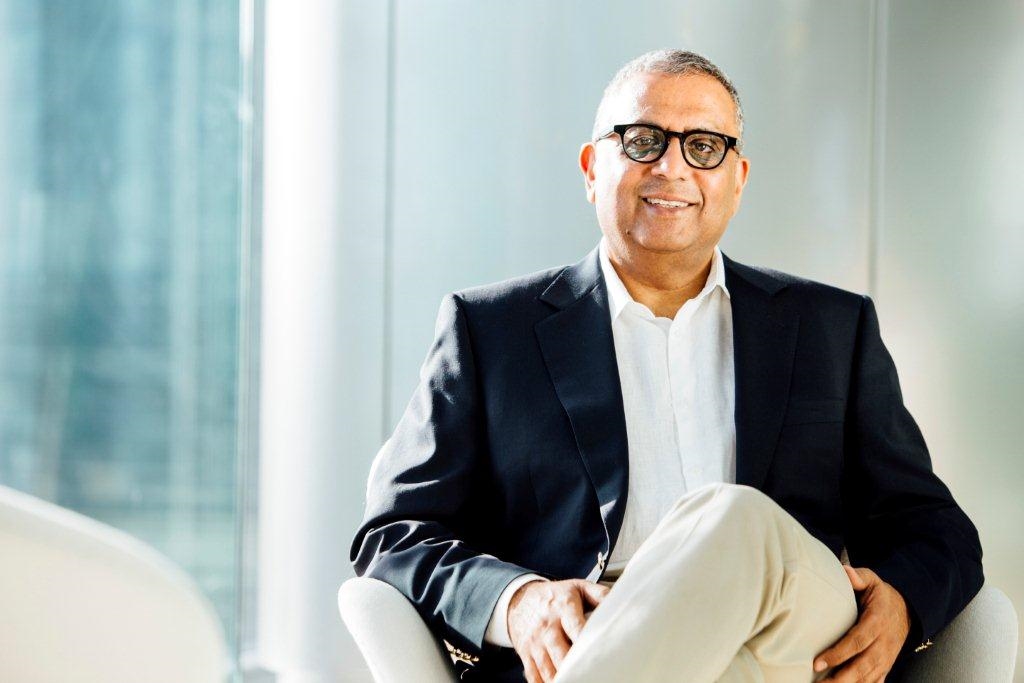Barclays "excited" about the future of wealth management

The wealth management industry is in a state of flux, with outside pressures threatening profit and market share at the same time as new opportunities are beginning to present themselves. Barclays’ wealth management operation has decided to tackle these trials head on, focusing on its core competencies and client service in order to grow market share.
Three main challenges face the wealth management industry according to Akshaya Bhargava, chief executive of wealth, entrepreneurs and business banking for Barclays. “The first,” he says, “is to do with the speed of wealth creation and the increasing global mobility of the wealthy.” As the industry struggles to alter its business models to accommodate greater first generation wealth than ever before, he says, it is imperative that firms invest in faster and more convenient services to meet the needs of a more demanding client base.
“Today’s high-net-worth individuals are also more mobile than ever before,” says Bhargava, “with nearly half, 43%, of the 2,000 wealthy individuals Barclays Wealth and Investment Management surveyed lived in more than one country.” In order to provide adequate services for such a mobile group of clients, service provision must be global, simple and readily available – requirements that point to utilising technology for the solution.
The second challenge is similar to that facing the entire financial system: regulation. “The regulatory environment in which we operate is not what it was ten years ago,” Bhargava says. With regulators increasingly requiring more transparency on charges, transactions and product features, both for themselves and for clients, managers are under pressure to provide this stream of information and cut costs at the same time.
Bhargava supports the aims of these regulatory requirements, however, and states that firms must “understand that regulatory initiatives such as these will demand significant investment in systems and much more industry collaboration than we have seen before”. In providing management services to a vast network of client profiles across a range of geographical markets and product offerings, wealth managers already require a degree of scale and sophistication that should allow them to invest in the necessary solutions to cope with the regulatory burden.
As the influence of data products and interest in robo-advice both rise, Bhargava identifies technology as “the third, and perhaps most important shift” in the industry. He says that, “with clients expecting instant, direct, on-demand and transparent access to their bank account and investments at a time of their choosing,” increased technology investment is the natural solution.
However, not all applications are equal, and firms must keep in mind that “technology can enhance the experience and make interaction more productive but never completely replace the human touch. We have the same philosophy for investment advice,” indicating that robo-advice can never truly usurp the advisor-client relationship, only enhance it.
“At our core we will remain a relationship-driven business, the personal service offered by our bankers can be enormously enhanced with technology,” Bhargava says. “Technology shouldn’t be an end in itself but it does have the potential to create a level of client engagement that has not been seen in our industry so far.”
In response to these three trends, Barclays are pursuing a policy of focussing on client service, maximising the ease and transparency with which customers can do business, and providing multi-country solutions to meet their needs.
Over the last few years, Barclays has been working to pare down its costs while maintaining its present reach. According to Bhargava, the bank has “streamlined our global business footprint to focus on key markets and key client groups,” and has “chosen to focus on enhancing the client experience and simplifying our business model,” a choice that has served the team well.
Bhargava is optimistic about the future of wealth management, saying: “We are excited about the future relationship with our wealth clients. It will be personal and personalised, insightful and intelligent about their mind-sets but never intrusive, rooted in the personal knowledge and availability of our bankers – but also digitally delivered anywhere, anytime and in any format.”
Found this useful?
Take a complimentary trial of the FOW Marketing Intelligence Platform – the comprehensive source of news and analysis across the buy- and sell- side.
Gain access to:
- A single source of in-depth news, insight and analysis across Asset Management, Securities Finance, Custody, Fund Services and Derivatives
- Our interactive database, optimized to enable you to summarise data and build graphs outlining market activity
- Exclusive whitepapers, supplements and industry analysis curated and published by Futures & Options World
- Breaking news, daily and weekly alerts on the markets most relevant to you


